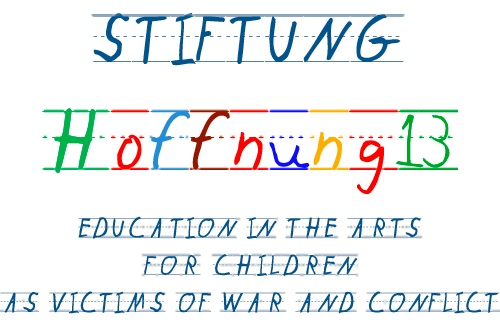As successor to Mareike Reinig, who left the Executive Board, Dr. Florian M. Stubenvoll has been a member of the Foundation’s Executive Board since 1.12.2024. Dr. Stubenvoll is a neurosurgeon and was friends with the founder Katharina N. Eitel for decades.
28
Feb
2025
From the Foundation
